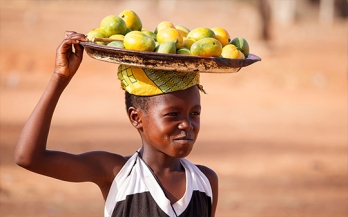

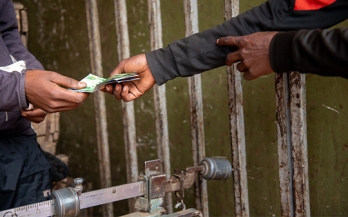
Trade-offs or Trade-ups? Policy Coherence between Fostering Trade and Improving Nutrition
Last month the UN Food and Agriculture Organization released its biennial State of Agricultural Commodity Markets report, and we were delighted to see it focusing on a topic close to our own hearts: policy coherence between trade and nutrition.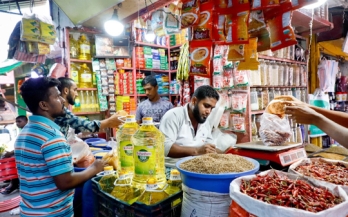
GAIN Working Paper n°45-Returns to supporting agrifood MSMes
- 17/12/2024
Micro, small, and medium enterprises (MSMEs) are the backbone of economic development in many low- and middle-income countries (LMICs). Their role is particularly important since they are estimated to make up the vast majority of food system businesses and play a critical role in achieving food security and supporting nutrition, as well as providing employment. To function optimally, business-support programmes and interventions are often developed based on the assumption that institutional constraints impede MSMEs from maximising their potential. Support services can be broadly grouped into financial assistance (e.g., grants, loans) and technical assistance (e.g., business development services, training, networking).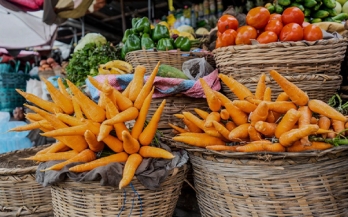
Identifying Indicator Needs for Food System Transformation GAIN Convening Paper n°12
- 09/12/2024
As part of the Nourishing Food Pathways (NFP) programme, GAIN is working to strengthen efforts to understand and measure progress on food system transformation. Clear progress measures can provide decision-makers with the visibility and the flexibility to course-correct as needed to realise the desired impact, and can help to ensure accountability for action. To this end, one of the workstreams under NFP aims to develop, test, and validate novel methods and metrics for assessing food systems transformation. To ensure that this work is grounded in local food system stakeholders’ needs and preferences, GAIN worked with Food Systems Foresight to solicit input from national stakeholders across five African countries (Ethiopia, Mozambique, Nigeria, Tanzania, and Kenya) on priority indicator gaps for monitoring food systems transformation. This paper reports on the outcomes of that work.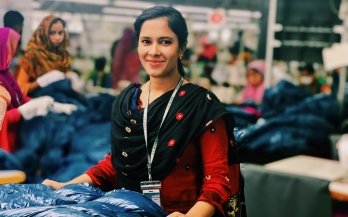
Fuelling the Workforce: How Nutrition Drives Occupational Health and Safety
This Human Rights Day, our panel will bring together experts from GAIN, SUN, ILO, and WHO to discuss the critical issue of nutrition integration in global labour standards. The panel is based on a comprehensive report that analysed the current state of nutrition considerations in international instruments, national legislation, and workplace practicesThis Human Rights Day, a live interview panel will bring together experts from GAIN, SUN, ILO, and WHO to discuss the critical issue of nutrition integration in global labour standards. The panel is based on a comprehensive report that analysed the current state of nutrition considerations in international instruments, national legislation, and workplace practices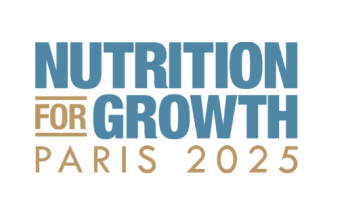
Framework for N4G Private Sector Working Group (PSWG)
- 03/12/2024
The PSWG fosters an open dialogue between public and private sector actors on selected priority areas in addressing all forms of malnutrition. It recognizes that many of the root causes of malnutrition cannot be solved without the involvement of those who grow, produce, and market food. These commitments, while important, are part of a larger goal to catalyse sustained private sector action, complementing efforts by other N4G stakeholders.
GAIN Working Paper n°44 - Nourishing the Workforce: Nutrition Integration in Occupational Safety and Health Regulations
- 28/11/2024
This report presents objective findings on the current levels of nutrition integration in international instruments and guidelines, and national legislations, regulations and procedures. Nutrition is only integrated in a few examples. Many laws, instruments and codes were developed before worker malnutrition was as prominent an issue and before newer scientific evidence emerged linking worker performance to improved nutrition. This new context, married with the evidence in this report, highlights the enormous opportunity presented to future labour standard setting for employees and employers.
Nutrition-lens Investing – Finally on the Menu?
As part of a team that has been working on nutrition-focused investing for several years, sometimes feeling like we were the only ones at the table, it’s been an exciting few months! Nutrition as an investment theme really seems to be resonating more widely and gaining traction in diverse places.
GAIN Briefing Paper n°12- Political Economy Decision Toolkit For Food Systems Pathways – In Brief
- 28/11/2024
Political economy dynamics—that is, conflicts and trade-offs across different interest groups that play an important role in the food system—permeate many decisions about food systems policy and implementation. Development practitioners working in the food systems space—inclusive of agriculture, nutrition, and environment—need to be aware of these dynamics to be able to support policy advocacy, development, and implementation. To assist in anticipating policy bottlenecks to food systems transformation, a toolkit was developed to examine six main domains within national policy systems. The six domains are: policy stability and inclusionary decision-making, stakeholder preferences, multi-sectoral coordination, multi-level coordination, financing, and administrative capacities.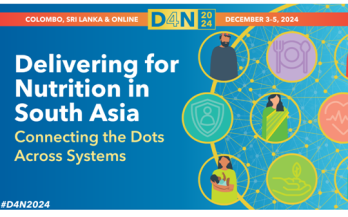
Delivering for Nutrition 2024 Conference
- Colombo, Sri Lanka, and online, Global